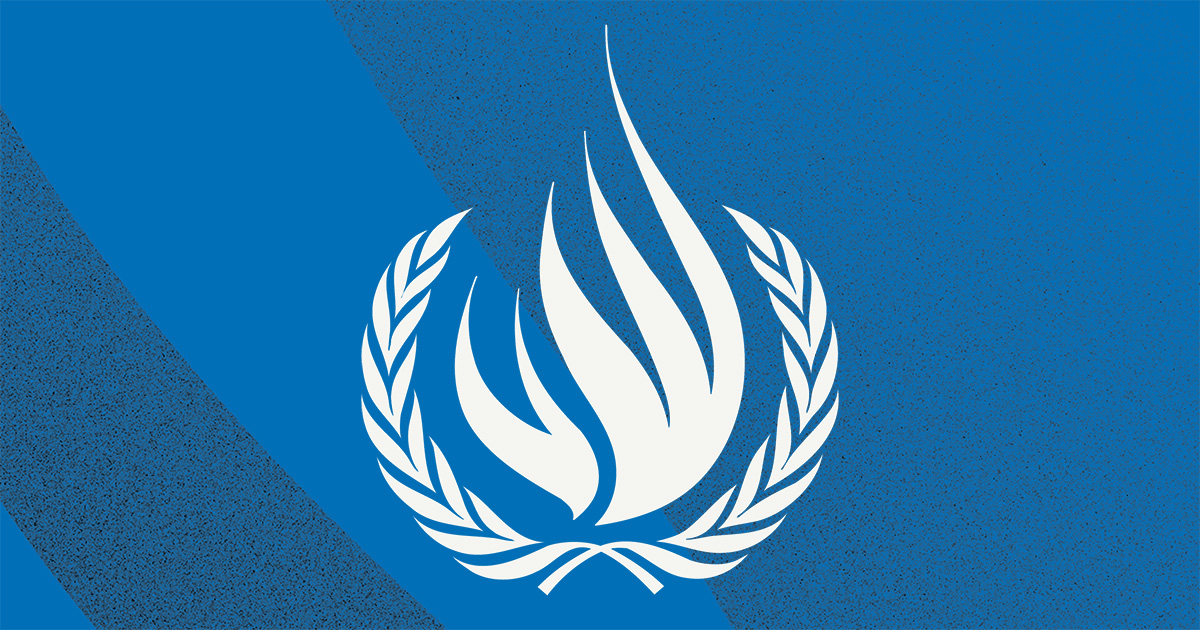
HONG KONG, Oct 25 (Reuters Breakingviews) - Hong Kong is stuck in indefinite isolation. Despite recording low single-digit daily infections, counting just 213 virus-related deaths since the pandemic began, and securing Chinese and Western vaccines early in large quantities, entry into Asia’s top financial hub remains tightly controlled. Arrivals are generally required to spend 14 to 21 days of quarantine in a government-approved hotel, where rooms as small as 140 square feet leave occupants barely enough room to sweat through a yoga workout.
It"s a strong deterrent against travel for the ordinarily jet-setting residents of the Fragrant Harbour, where banks including Citigroup (C.N) and Morgan Stanley (MS.N) are among many international firms with a large presence. And it’s especially painful for its expatriates and those from the Chinese mainland, who altogether make up as much as one-third of Hong Kong’s seven million population according to estimates from the 2016 Census. The group plays an outsize role in the financial sector which accounts for one-fifth of GDP, as well as in childcare, domestic housekeeping and in the wholesale trade.Folks have waited in vain for nearly two years for border restrictions to ease but there is little or no discussion about reopening the territory to international travel. Take Britain, which is logging about 40,000 positive cases a day. Unsurprisingly Hong Kong considers its former colonial parent a high-risk destination in terms of Covid-19: those arriving from the U.K. can only enter if they are fully vaccinated residents, and non-residents are not welcome.
Hopes of establishing a bubble with similarly risk-averse Asian destinations have fallen flat too. Hong Kong spent almost one year flirting with the idea of a quarantine-free travel corridor with Singapore, for example. But the plan was permanently shelved in August and its old rival is now much closer to accepting a new normal. Singapore unilaterally scrapped quarantine requirements for Hong Kong visitors in August and has since opened up to more countries including the United Kingdom and the United States.
There’s a strong case for the Lion City to start to take a pragmatic approach. Singapore’s rapidly ageing population of five million shrank by a sharp 4% year-on-year in June as the pandemic stranded residents overseas. In comparison, Hong Kong’s fell a more modest 1%, even though that’s still the fastest pace since the record began. Foreigners make up almost 40% of Singapore’s residents, and support the key manufacturing, trade and finance sectors that contribute 60% to GDP.
Singapore’s high vaccination rate, pervasive digital contact-tracing systems, and the public"s generally high trust in the government have allowed it to maintain a strict approach towards controlling Covid-19 while starting to ease border restrictions. While daily positive cases have surged from double digits to over 3,000 since the country started to open borders, most of the cases have been asymptomatic and mild.Hong Kong has heavier political baggage after the 2019 protests against an extradition law to mainland China enraged Beijing. The low level of trust in government is reflected in the city’s stubbornly low vaccination uptake. That, in turn, poses bigger health risks in opening. While Singapore has fully inoculated more than 80% of its eligible population, Hong Kong"s rate has just reached 65% despite the private sector offering incentives like raffle prizes from free apartments to gold bars.
Singapore’s new normal is far from normal. Only those fully vaccinated or who tested negative within the past 24 hours, can dine out with, at most, one other person, recent rules stipulated. Tables are usually placed one metre apart and staff forbid people from talking across the room. A contact-tracing app - or physical token - is required even to cross through shopping malls that connect underground metro stations. In comparison, Hong Kongers can eat out with much less hassle and can move around easily if they refuse to use the official app.
The problem for Hong Kong’s leader, Carrie Lam, is that her approach upsets many expatriates but doesn’t please Beijing either. While Hong Kong does allow some quarantine-free travel from the mainland with which it shares deep economic links, that privilege is not reciprocated and even Chinese citizens crossing the border to go home must quarantine for up to 21 days. Those who live in Hong Kong but work almost exclusively with mainland businesses have been left in a particularly awkward spot, forced to spend months in isolation as they go back and forth.
Lam has noted that Chinese officials want Hong Kong to toughen up its virus approach and bring it more closely in line with its own strictly enforced and digitally supported zero-tolerance policy. That suggests Hong Kong will stick to arduous quarantine restrictions for longer and helps to explain why the best new freedom Lam has offered fully vaccinated residents of late is permission to remove their masks while at the gym.
Such isolation is a source of security for some residents. But piled on top of political tension, it is damaging for Hong Kong’s international appeal. The Asia Securities Industry & Financial Markets Association, a top lobby group, warned on Monday that 48% of banks and asset manager firms amongst its members surveyed are contemplating moving staff or functions away from the hub because of operational challenges, including uncertainty about when and how quarantine restrictions would be lifted. It’s a stark warning: The territory is left behind in the global race to reintegrate.
Follow @ywchen1 on Twitter












